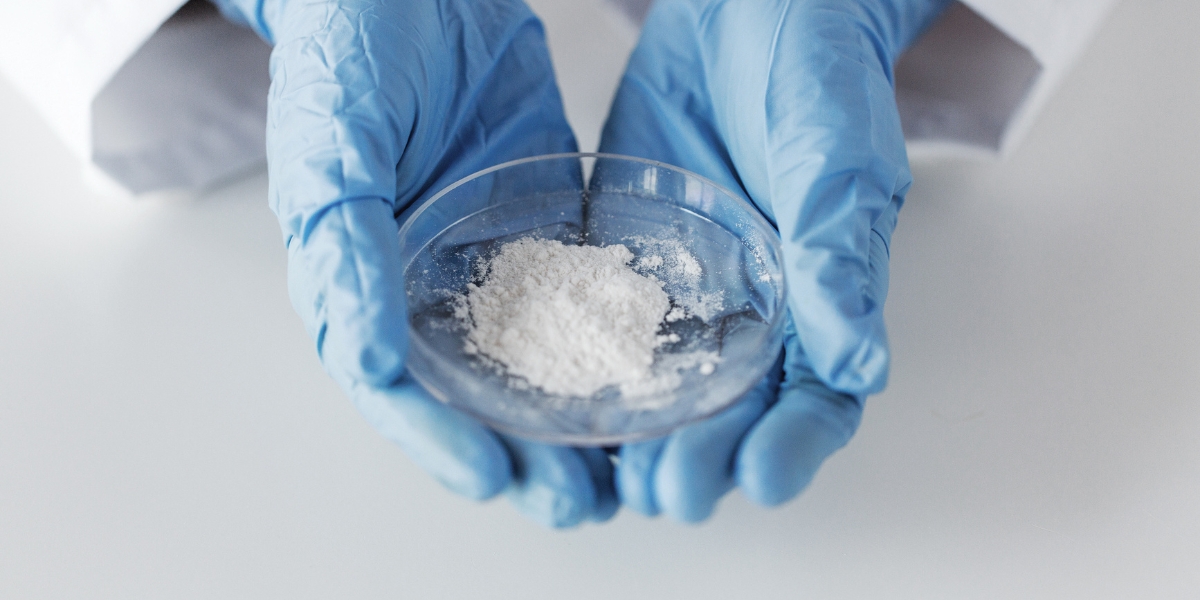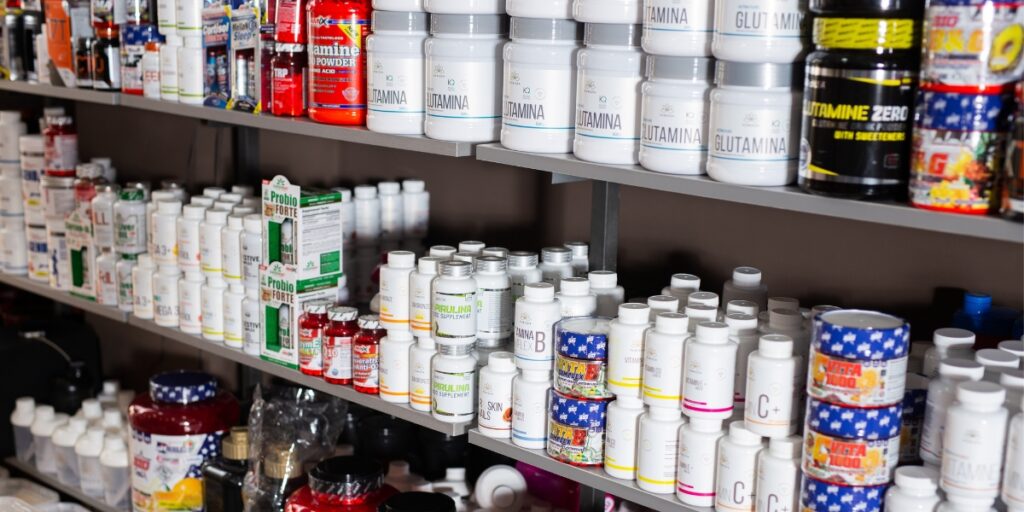Phenibut: Effects and Dangers

What Is Phenibut?
Phenibut, β phenyl γ aminobutyric acid to chemists, is a synthetic tranquilizer and nootropic drug. Nootropics are psychoactive substances, organic or artificial, that allegedly improve cognitive function.
People who attempt to manipulate psychoactive drugs like phenibut, kratom, LSD, and others believe they can gain an intellectual edge and enlightenment through chemistry. However, the brain has a delicate chemical balance that can easily be disrupted and lead to dependence and addiction when repeatedly exposed to drugs, especially unregulated ones like phenibut.
Phenibut was developed in Russia in the 1960s and became widely used to relieve tension and treat social anxiety, depression, post-traumatic stress disorder (PTSD), sleep disorders, and stuttering. In Russia and parts of Eastern Europe, doctors still prescribe phenibut for specific conditions like schizophrenia and Parkinson’s disease.
In the United States, phenibut is legal to possess but doesn’t have any approved medical uses. Furthermore, phenibut doesn’t meet the Food and Drug Administration (FDA) standards to be considered a dietary supplement.
Many distributors are undeterred by the phenibut legal gray area and continue to sell it under different names.
Phenibut is also known and sold as:
- Brain booster
- Noofan
- Pbut
- Anvifen
- Fenibut
- Phenigam
- PhGaba
- Phenigamma
- Phenygam
- 4-Amino-3-phenylbutanoic acid
- β-(aminomethyl)benzenepropanoic acid
- Beta-(Aminomethyl)hydrocinnamic acid
- β-phenyl-γ-aminobutyric acid
Phenibut is typically a white powder sold loose, in pill form, or dissolved into liquids to drink. Because it is mostly unregulated and comes from foreign sellers, the purity of each batch of phenibut can vary.
Where is Phenibut Sold?
Online retailers are the primary sellers of phenibut. Some brick-and-mortar health or supplement stores will carry phenibut supplements labeled as workout supplements, study drugs, or mood enhancers.
The Food and Drug Administration (FDA) warns that any products containing phenibut, or the previously mentioned alternate names, labeled as dietary supplements are incorrectly marked and should be reported.
To date, three companies, Atomixx, Evol Nutrition Associates, and NeusoScience, have received warning letters from the FDA regarding their deceptive sales and labeling of phenibut.

What Does Phenibut Do?
Phenibut acts like a sedative at higher doses to produce feelings of relaxation, calm, and euphoria. Some websites market phenibut as a “safe” alternative to Xanax and Valium, which is an untrue and potentially dangerous claim, even if the initial effects are similar.
Other people have reported that lower doses of phenibut cause stimulant-like effects, including increased alertness and concentration. The potency and length of the impact will vary for each person and the quantity taken.
Phenibut is similar to gamma-aminobutyric acid (GABA), which can easily cross the blood-brain barrier to influence amino acid neurotransmitters and chemical reactions. As a GABA receptor agonist, phenibut bonds quickly to receptors throughout the body, developing tolerance and requiring higher doses to produce the same effects over time.
In simple terms, phenibut changes the sensitivity, strength, and speed of signals and chemical processes throughout the brain and central nervous system to cause pleasurable effects.
Side Effects
Many people mix phenibut supplements with other substances, making it difficult to tell what side effects are directly related to phenibut. However, some common symptoms have been noted based on self-reported side effects and observed in people seeking medical treatment for severe reactions.
Because phenibut isn’t regulated or clinically used in the United States, there is no standard dose.
Side effects of phenibut include:
- Headaches
- Anxiety
- Irritability
- Dizziness
- Nausea
- Loss of coordination
- Trouble with balance
- Dehydration
- Hangover-like feelings
- Extreme drowsiness
- Increased heart rate
- Respiratory depression
- Itching
- Rashes
- Swelling in the face
- Confusion
- Muscle spasms
Mixing phenibut with other central nervous system depressants like alcohol or opioids increases the risks of overdose, coma, and death.
Long-Term Effects of Phenibut
Phenibut dependence and addiction are the most well-known long-term effects of phenibut. However, because most phenibut studies are conducted on animals or come from countries with different medical standards, knowledge about the long-term impacts of phenibut use is limited.
One person spoke to researchers at the University of Michigan and stated that she needed higher doses in a matter of weeks after starting to take phenibut and experienced intense withdrawal symptoms when she didn’t take it regularly.
Based on studies of other GABA receptor agonists like gabapentin, experts expect that long-term effects of phenibut abuse include increased depression, memory loss, and cognitive decline. Organ and nerve damage are likely outcomes of prolonged phenibut use.

Phenibut Withdrawal Symptoms
Phenibut withdrawal symptoms will differ for everyone. Some people experience more psychological symptoms than physical or vice versa, while some people will only experience mild withdrawal.
One case report showed significant mental and physical phenibut withdrawal symptoms that took nine weeks to stop.
Phenibut withdrawal symptoms include:
- Brain fog
- Disassociation
- Irritability
- Anxiety
- Depression
- Muscle twitching
- Constipation
- Stomach pain
- Sweating
- Difficulting focusing
- Irregular heartbeat
- Paranoia
- Hallucinations
- Cravings for phenibut
People who use other substances or drugs with phenibut risk more intense and potentially dangerous withdrawal symptoms, especially if they have co-occurring substance use disorders, and may require medically supervised detox.
Phenibut Dangers
The most significant danger with phenibut is how easy it is to cross the line from achieving the desired effects to acute toxicity. Further contributing to phenibut’s risks is that it is unregulated and easily accessible, meaning you never really know what kind of product you are getting.
Between 2009 and 2019, the Center for Disease Control and Prevention (CDC) reported increasing medical emergencies related to phenibut, including several deaths. Healthcare facilities documented most of those cases, meaning the number of dangerous phenibut exposures could be much higher, but people declined to seek professional help. Because phenibut is a lesser-known drug, it is also possible that acute toxicity gets misdiagnosed, especially when other drugs or alcohol are present.
Using phenibut to self-medicate mental health issues or to cope with academic pressure is especially dangerous because it can worsen the symptoms or lead to co-occurring disorders that are difficult to treat.
Unfortunately, as phenibut continues to increase in popularity and more studies are done on the long-term effects, more phenibut dangers will likely come to light.

Treatment for Phenibut Dependence and Addiction
If you or a loved one are looking for treatment options for phenibut dependence and addiction, Northridge Addiction Treatment Center can help.
Our residential treatment center in the San Fernando Valley of Los Angeles provides a private and calm environment for you to receive the care and support needed to address the roots of addiction and learn the skills required for long-term healing and recovery.
We offer onsite medical detox with around-the-clock medical care and support to ease uncomfortable and challenging withdrawal symptoms. Using dual diagnosis to recognize co-occurring disorders, our licensed and experienced team works with you to develop a personalized treatment plan tailored to your unique needs.
At NATC, we proudly take a whole-person approach that combines evidence-based therapies with relaxation, fun outings, and activities to help you experience all the joy recovery has to offer. During your stay with us, you will develop the knowledge and skills to overcome future challenges with confidence and grace.
Reach out to one of our treatment specialists today. The path to recovery is a phone call away.
Find Meaningful Recovery
Our caring and compassionate specialists are eager to help you comfortably navigate this journey to recovery. Our individualized treatment plan, programs, and therapies may be a perfect match for you or your loved one. Let us assist you in living the happy life you deserve. It starts with a phone call.




